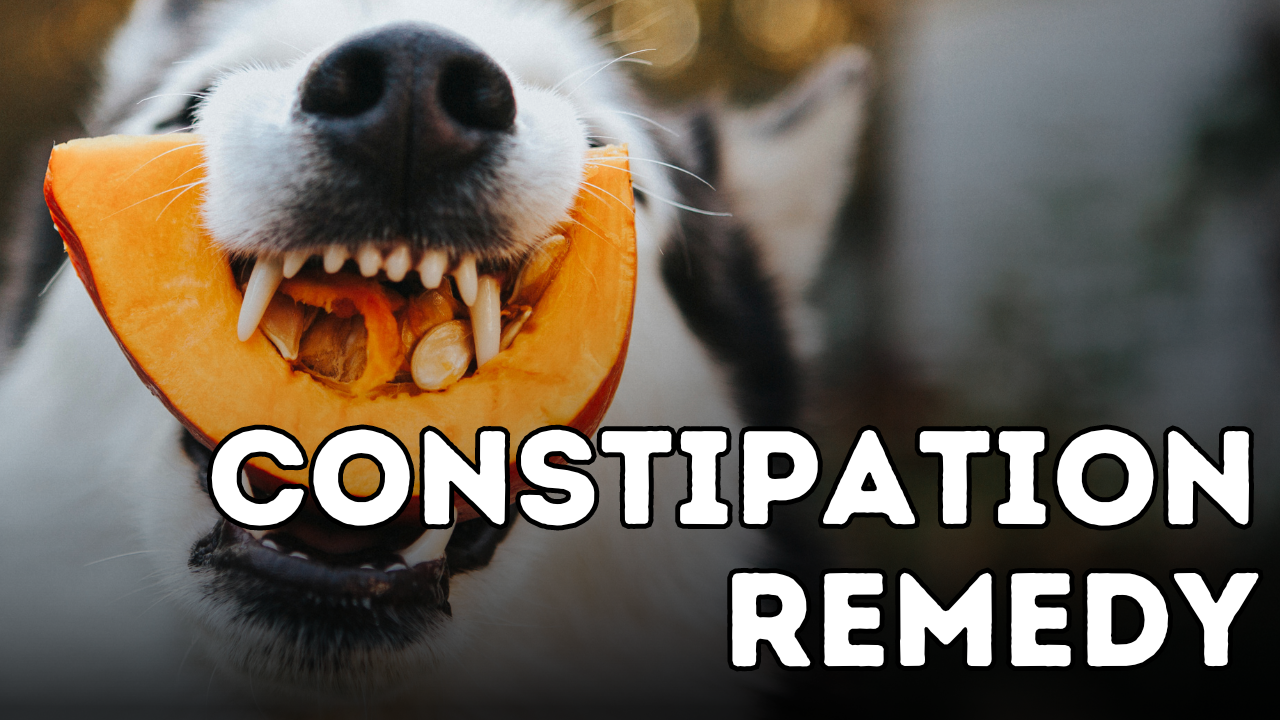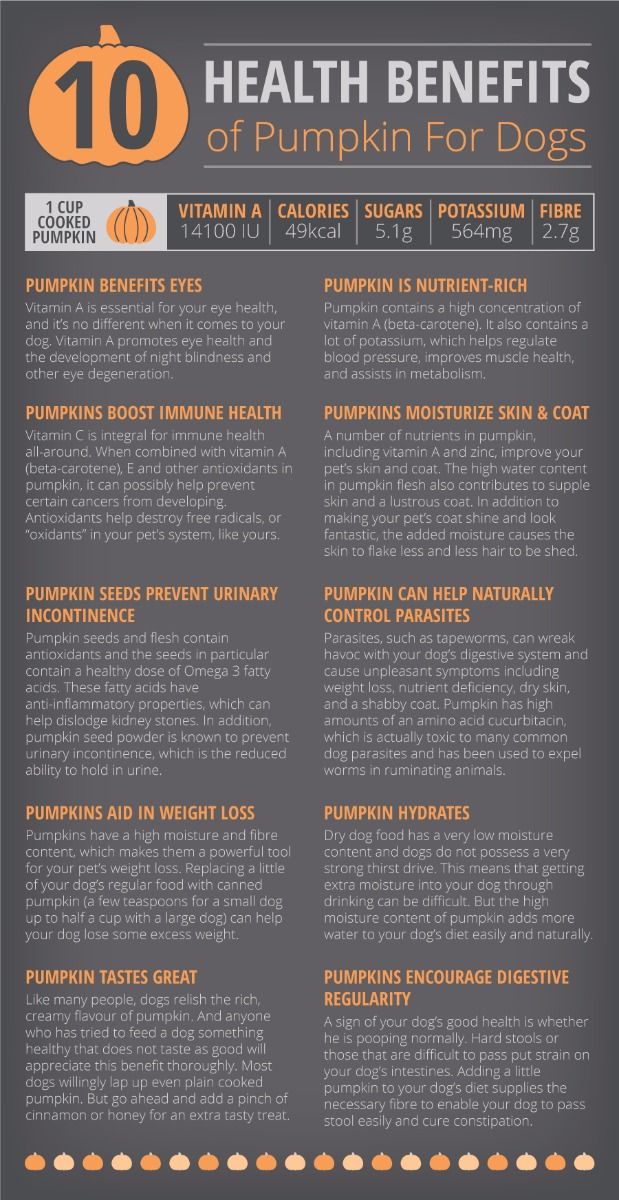Effective and Natural: Pumpkin as a Remedy for Hairballs and Constipation in Pets

Here is a little known, yet VERY healthy remedy for hairballs and constipation in dogs and cats.
In fact I have been advising pet owners use it for YEARS..
Recently you probably carved one up.
And probably threw it out.
Drum roll………….
Pumpkin.
I cooked ours up on Tuesday, and I have been feeding it to my 2 dogs, and cats ( although only one cat will eat it)


Nutritional Benefits of Pumpkin
Pumpkin is a low-calorie powerhouse, providing just 26 calories per 100 grams. It contains no saturated fats or cholesterol but is a rich source of dietary fiber, antioxidants, minerals, and vitamins. Dieticians often recommend pumpkin in cholesterol-controlling and weight reduction programs.
Key Vitamins and Antioxidants:
-
Vitamin A: Pumpkin boasts one of the highest levels of vitamin-A among vegetables in the cucurbitaceae family, with 7384 mg per 100 g, providing about 246% of the Recommended Daily Allowance (RDA). Vitamin A is crucial for maintaining the integrity of skin and mucous membranes, and it supports vision. Studies suggest that foods rich in vitamin A may help protect against lung and oral cavity cancers.
-
Vitamin C & E: It is also a storehouse for many antioxidant vitamins like vitamin-C and vitamin-E, enhancing immune function and skin health.
-
Flavonoids: Pumpkin contains natural polyphenolic flavonoid compounds such as alpha and beta carotenes, cryptoxanthin, lutein, and zeaxanthin. Zeaxanthin, in particular, filters UV rays in the macula lutea of the retina, helping to protect against age-related macular disease (ARMD) in the elderly.
B-Complex Vitamins and Minerals:
- Rich in the B-complex group of vitamins including folates, niacin, vitamin B-6 (pyridoxine), thiamin, and pantothenic acid.
- A rich source of minerals like copper, calcium, potassium, and phosphorus.
I used to discard pumpkin in the compost, but it’s effective, safe, and nutritious for pets. If you have a pet with hairball problems, constipation, or anal gland issues, consider using pumpkin as a natural alternative. Cats often accept it even unflavored, making it a superior option to vaseline for treating hairballs.
Enjoy your weekend and heal your pet at home!
This information is for educational purposes only and is not intended to replace the advice of your own veterinarian. Please note that Dr. Andrew Jones resigned from the College of Veterinarians of B.C. effective December 1, 2010, and hence cannot answer specific medical questions or provide specific medical recommendations for your pet.

Vitamin A is a powerful natural anti-oxidant and is required by body for maintaining the integrity of skin and mucus membranes. It is also an essential vitamin for vision.
I’ve been using pumpkin for years anytime our dogs get the runs or get constipated. I didn’t know it was good for the anal glands though. Our female dobie has a problem with that so I will give her some pumpkin thanks for the info.
I love you Andrew Jones. What has happened to you is not fair, and we all know that. YOU are still the best vet doc there is. NEVER give up. All the best is coming to you.
We have a 2-year, 8-pound female Ragdoll cat who is chewing fur. We just started ~3-month use of Hydrolyzed Protein Adult HD to check for food allergies.
Our Vet said stop using flavored hairball gel during the test. She’s looking, but hasn’t found, a brand and source for non-flavored hairball medicine. Do you have a brand and source for non-flavored?? Thanks from Vero Beach, FL 772-492-8089/marvff@yahoo.com
I have an 18 yr.old cat that has extremely hard feces. He will not eat pumpkin. Help please…
We do have an articles from Dr. Jones related to that:
I was recently asked this: What I can do for my older cat who keeps having problems with constipation?
A common problem…
My quick answer
1. MORE fluid
2. Canned Food – which means MORE fluid
3. Add in a supplement to HELP with your older cat’s arthritis, he will then be able to defecate more easily
Constipation is defined as difficulty and infrequent defection. Dogs and cats that are healthy will have 1-2 stools per day. The signs of constipation can be that your pet cries or strains when passing stool. The stools are hard and dry. Your pet has not had a bowel movement in 48 hours. This is all much the same signs that people can have.
The causes of constipation are many and varied. Dogs often become constipated after a feast on bones. Older pets, especially cats, get constipated due to decreased activity and lowered fluid intake. Some pets, such as Manx cats, are prone to constipation. Male dogs may get an enlarged prostate gland which can obstruct the colon, also leading to constipation. .
Cats that excessively groom themselves can become constipated with hair, while dogs that have unusual behaviors, such as eating dirt, and sand can be affected. In all cases this can lead to the signs of straining to defectate, with dry stools, that are often painful.
It is important to ensure that your pet is really constipated. Dogs will strain with diarrhea and this is often confused with constipation. Cats will strain with urinary tract infections or obstructions. Check your cat’s litter box to ensure that he is urinating. If in doubt, call your veterinarian.
If your pet becomes continuously constipated, the veterinary term is called obstipation. This typically happens in cats, and their colon becomes dilated filled with very dry, firm feces. Most pets are then very uncomfortable, with distended abdomens, straining and have a loss of appetite. This requires veterinary treatment, consisting of an enema, and medication to have the colon contract normally.
So what are the important at home remedies?
First, additional dietary fiber is key to having normal stools. For dogs, ground flax seed is a great source. I give 1 tsp per cup of dog food. Metamucil is another effective source. Give 1/2 tsp per 10 lbs of body weight daily. It can be made tastier by adding it to canned food. For cats, the most successful remedy I have used is canned pumpkin. I give 1 tbsp twice daily and find that several cats eat it willingly.
Ensure that there is more than adequate fluid intake. You may have to add water to your dog’s dry food. If your cat is reluctant to drink water, then try some milk or tuna juice. Regularly provide fresh clean water. For cats prone to constipation it is wise to feed only canned food. This increases their fluid intake and most often result in normal stools.
Regular exercise gets the bowels moving. If you are off-schedule and not giving your dog his morning walk, then get back on schedule. If your cat is not an outdoor cat, then get her some toys to play with and have her run after the catnip mouse 2-3 times daily.
Vaseline is a very safe laxative and is used in the compounds to prevent hairballs in cats. I give 1 tsp twice daily per 10 lbs for 3-5 days. Vitamin C is another laxative when given at a higher dose. Start with 500 mg twice daily.
Lastly the herb that has shown to be consistently effective for constipation is Cascara Sagrada.
It can be found as a dried herb, as a tea, and as a tincture. A typical dosage of cascara is a 10mg per 10lbs given once daily – it usually takes 6-8 hours to have a laxative effect. As with any laxative, avoid taking it for a prolonged period of time (ie any longer than 5 days).
This article has been very helpful.
Thank you ??